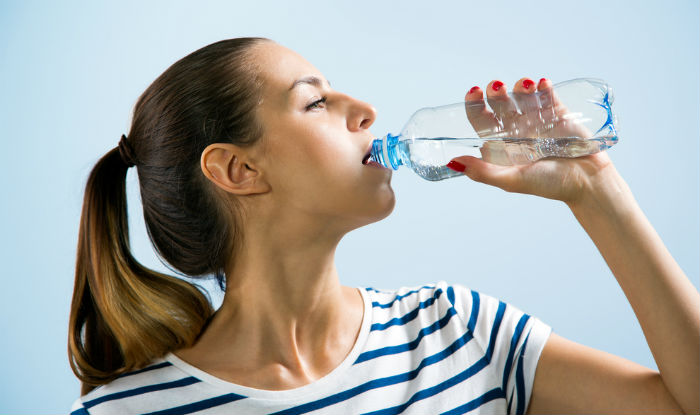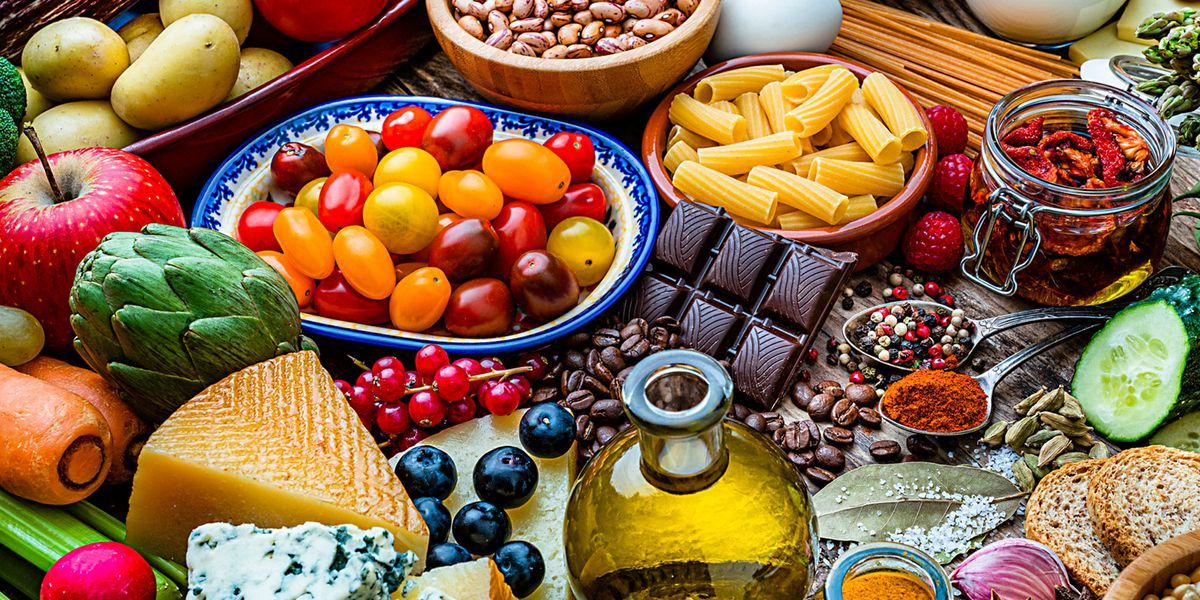
The majority of diabetics should eat plenty of meat, seafood, eggs, and eggs. But they should also avoid sugar or fat. People who are concerned about the health effects of their diet should eat a diet rich in fruits, vegetables, whole grains, and legumes. However, diabetics should still occasionally indulge in non-vegetarian foods and drinks. These tips will help them choose a healthy diet that suits the way they live.
For diabetics, salt and flour can be problematic. These ingredients can increase blood pressure and add unnecessary calories. You shouldn't eat foods high in sodium. However, you can still incorporate them into your meals without making a big change to your diet. Whole foods are healthier than refined sugar and should make up the majority of a diabetes diet menu. The key is to avoid processed foods.

A balanced combination of carbohydrates and proteins is essential for a diabetes diet. You don't have to go overboard with the carbohydrates and healthy oils, but you do want to be mindful of what is best for your body. A diabetes-friendly diet menu should have a balance of all three types. While fiber and protein slow down the digestion of carbohydrates and provide nutrition, protein will increase your blood sugar levels. It is crucial to keep track of your food intake and monitor your blood glucose levels if you have diabetes.
Your child's normal diet should guide the diabetic diet menu. Carbohydrates can spike blood sugar and are the primary focus of this diet. Instead of breads, pasta, a diabetic diet should emphasize fruit and vegetables. Both fruits, as well vegetables, are rich source of fiber and antioxidants. Whole fruits are better than fruit juices. Fruits after meals should be avoided as they can spike blood sugar.
Insoluble fiber is found in cooked oatmeal, which regulates blood sugar and promotes heart health. Oatmeal is a good source of fiber, which is important for diabetics, as it can lower the insulin intake of the body. It is low in calories but high in fiber so it is a good choice for diabetics. However, a diabetic diet must include fruits, veggies, and nuts in order to reduce the likelihood of developing type 2 diabetes.

The glycemic index should be used to determine the diabetic diet. This index ranks carbohydrate-containing foods by their effect on blood sugar. A dietitian may be able to help you choose the best foods for your diabetes. You can also create a diabetes diet that is tailored to your individual needs. You can have a healthy body, and live a diabetes-friendly life with the right nutrition. It is important to limit your intake of certain foods.
FAQ
Is Cardio Better Than Strength Training?
Both are equally beneficial. However, cardio is more effective if you're looking to bulk up faster.
Cardio burns more calories per hour than strength training, and also burns more fat.
Strength training is a great way to build muscle mass. However, it takes more effort than cardio.
What dietary supplement is best for weight loss?
You need to exercise and diet in order lose weight. However, some people find that certain supplements help them along the way.
Studies have shown that omega-3 fatty acid may be beneficial in weight loss. Omega-3 fatty acid is an essential fat that is important for brain function as well as cell membrane integrity. These fats are found in seafood such as salmon, tuna and shrimp.
Green tea is being studied for its potential benefits in weight loss. Green tea is rich in catechins, antioxidants which may boost metabolism and aid weight loss.
Do I have to exercise every single day?
No! Do at least 30 minutes of moderate intensity physical activity five days a week. That could mean walking fast enough for you to get slightly out of breath and biking hard enough for you to sweat.
What does butter do for men?
Butter is one of many good sources of saturated fats. This type of fat helps to build stronger bones, healthy skin, and hair.
Vitamin K, found in butter is an antioxidant that prevents bleeding from cuts. Vitamin K works with vitamin A to prevent bleeding.
Butter also contains minerals like calcium, phosphorous and potassium. These elements help to build stronger bones and teeth.
However, butter has some drawbacks. Butter has high cholesterol. A few studies have shown that too much cholesterol can increase the risk of developing coronary disease.
Butter is also high-fat, which can contribute to obesity and increase cholesterol.
But if butter is a must, you can spread it on bread and not dip it in soups or salads. Bread absorbs oil more than pasta or potatoes.
Statistics
- Candidates and applicants must pass all four tests at 70% (minimum level) to graduate from Basic Deputy U.S. Marshal (BDUSM) Training. (usmarshals.gov)
- According to the American Heart Association, blood pressure should be checked at least once every two years, beginning at age 20. (my.clevelandclinic.org)
- Cardmembers earn 5% Back at Amazon.com with a Prime Credit Card. (amazon.com)
- By John Thompson Take a whopping 38% off a set of PowerBlock Pros. (menshealth.com)
- The PRS enabled risk stratification for overall prostate cancer and lethal disease with a four-fold difference between men in the highest and lowest quartiles (HR, 4.32; 95% confidence interval [CI], 3.16-5.89). (pubmed.ncbi.nlm.nih.gov)
External Links
How To
What's the best food for men?
Men should consume five portions of fruits and veggies per day. They must also avoid red meat and fast food.
Fruits and vegetables are high in antioxidants which help prevent cancer, heart disease, and other diseases.
Vegetables include broccoli, cauliflower, carrots, spinach, tomatoes, peppers, cucumbers, lettuce, mushrooms, etc.
Peas and beans are also high in protein and fiber.
A great source of omega-3 fatty acid is nuts and seeds. Omega-3 fatty acids are critical for brain function and hormone production.
Fish is another great source of omega-3s. Fish has more mercury than other meats. However, fish liver oil does contain fewer toxins.
Normal growth and development are possible with the help of Omega-6s in vegetable oils like soybean, safflowers, sunflowerseed, cottonseed, and corn oils.
Poultry provides a lot of lean meat. Chicken breasts are one of the most healthful meats.
Lean beef is low in saturated fats and cholesterol. However, you should avoid eating too much red meat because too much iron may increase your risk of prostate cancer.
Avoid sausages and hot dog. These have added nitrates which can be carcinogenic.
It is obvious that exercise is important for overall health. Even if you exercise regularly, what do you do? Is there anything you can do that will improve your physical or mental health?
Yes! You have many options to maximize your workouts. Here are some tips to help you maximize your workout.
Start slowly. Injure yourself if your first session is too intense. Begin at a pace you're comfortable with, and then gradually increase your intensity.
Stretch before and afterwards. Stretching can help to loosen tight muscles, decrease soreness, improve flexibility, and reduce pain. You can stretch sitting down, standing, or moving around.
Cool down. This is especially important if you're doing cardio exercises. So that your body doesn't become exhausted, it needs to be able to recover between sessions. To cool down, walk slowly, take deep breaths, or go for a short swim.
Hydrate. Hydration can help you stay hydrated and reduce muscle cramps. Water is the ideal beverage, but sports drinks may also be helpful.
Healthy eating habits are important. Be sure to eat enough calories each day. It will keep you feeling energized and focused while you work out by eating regular meals throughout each day.
Get rest. Sleep well and you will feel refreshed when you wake up. The best way to heal tissues is through sleep.